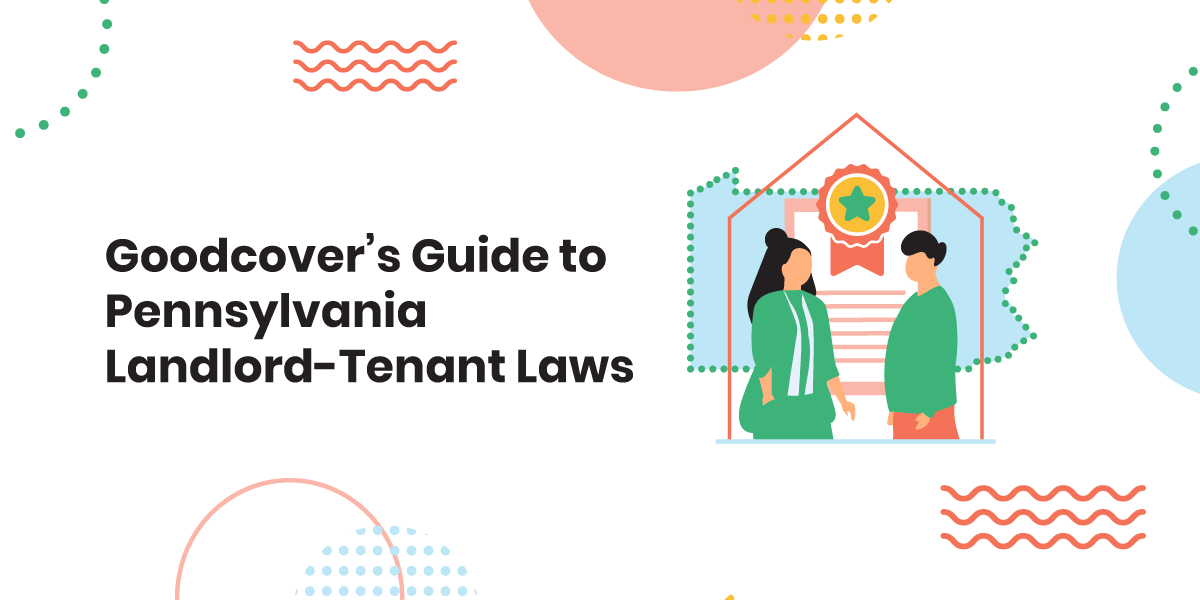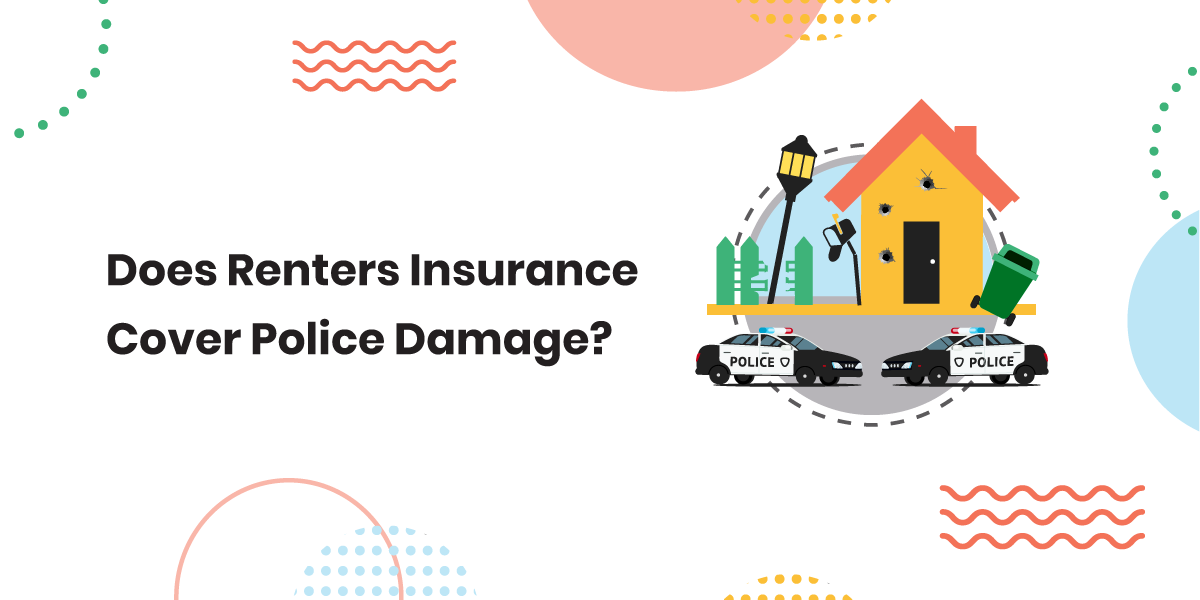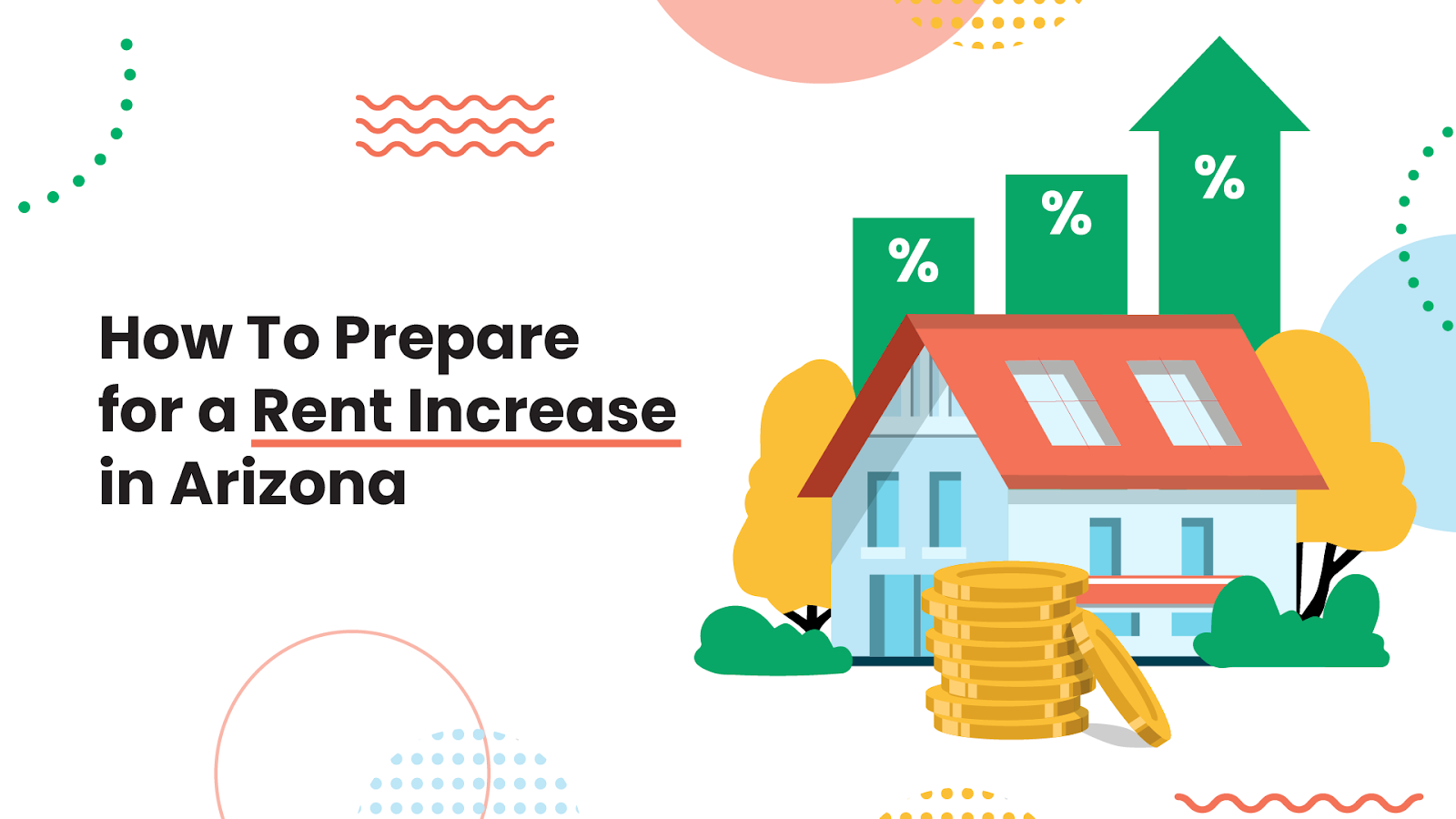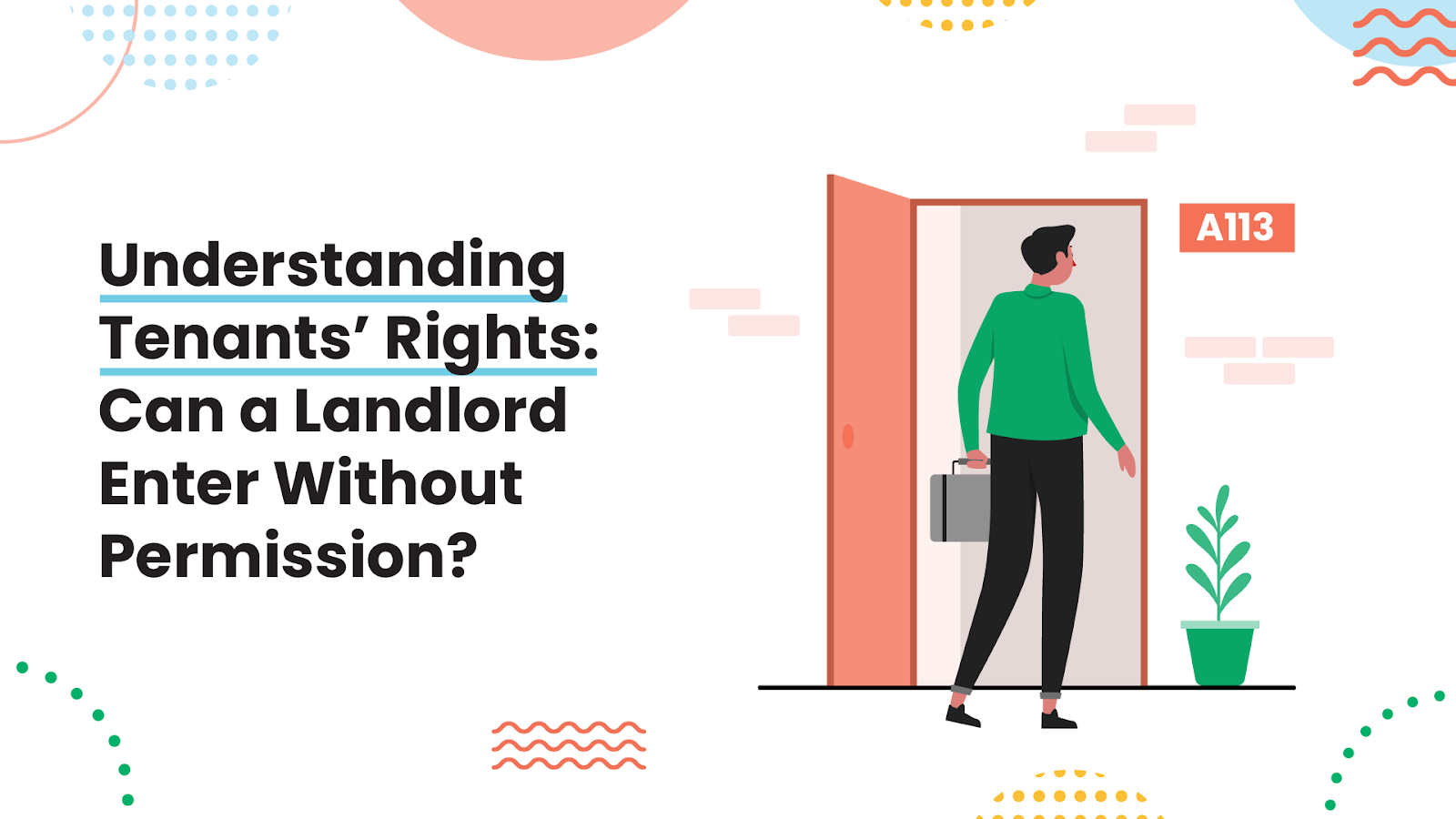Is it Legal for Property Managers to Demand Rent Early?
8 Aug 2024 • 4 min read

Renting can be an adventure, no doubt about it. Quirky neighbors, that one weird smell you can't quite pinpoint, and now... surprise emails about early rent payments? Yikes.
A fellow renter recently shared their bewilderment on Reddit after receiving an email from their property manager declaring that rent was suddenly due "the day before the first" of the month. Even worse? The dreaded "notice to comply" would appear on the third if rent wasn't paid. Naturally, this sparked a flurry of questions about whether this sudden change was even legal.
This renter, living in the beautiful state of Colorado, was under the impression that rent was due on the first, with a 7-day grace period – you know, like most normal human beings. But now, it seemed the rules had changed faster than a chameleon on a rainbow. So, what gives?
Is Demanding Rent Early Even Legal?
First things first: can a landlord or property manager wake up one day and decide to change the rent due date on a whim? Definitely not. The terms of when rent is due — usually on the first of the month — are clearly laid out in your lease agreement. If your lease terms says rent is due on the first, then that's the law of the land (or at least, your apartment).
Changes to these terms usually require a whole new lease or an amendment signed by both you and your landlord. They can't just send a random email and expect you to jump on board.
As one Redditor wisely pointed out, "Check your lease agreement. Changes like this usually need your consent unless it's already specified." So, dust off that lease and double-check the fine print. If it doesn't say anything about paying the day before the first, your property manager might be living in a fantasy world.
Compliance Notices: The 3-Day Rush
Now, let's talk about those compliance notices showing up on the 3rd of the month. What happened to the 7-day grace period? This sudden shift to a 3-day window feels a bit... aggressive, don't you think? Especially when it comes to the threat of late fees or, in extreme cases, even eviction.
Now, of course, consistent unpaid rent and late payments can have serious consequences for your tenancy. In some states, landlords can try to deduct unpaid rent or late fees from your security deposit, but that’s not always allowed. The rules around security deposits (like three-day notices) and how much landlords can charge for late fees vary depending on where you live.
In Colorado, state law requires landlords to give tenants a written notice called a "demand for compliance or possession,” which gives them at least three business days to fix the issue (in this case, pay rent) or move out.
So, it seems the property manager is technically playing by the rules and providing proper notice, but they're cutting it pretty close.
As another commenter advised, "You might want to look up Colorado's specific landlord-tenant laws. Usually, these kinds of notices have strict regulations." Which is a good call. It's always smart to know your rights.
What Can You Do If Your Landlord Tries This?
Don't panic! If you find yourself in a similar situation, here's what you can do:
- Review your lease (seriously): Your rental agreement is your best friend in these situations. Look for anything about the amount of rent owed, rent due dates, grace periods, and notice periods. It’s also a good time to check if there are any mentions of late fees or specific payment methods (like money orders) that you need to be aware of. Also, find out if your rent check is usually chased the next day or if it takes a few days to process. If there’s a delay, it could factor into why your rent payment is considered late.
- Know your tenant rights: Every state has its own set of landlord-tenant laws. Brush up on the ones in your state so you know what your landlord can and can't do regarding rent, late fees, security deposits, and evictions.
- Talk it out: Start by chatting with your property manager. Sometimes, a simple conversation can clear up confusion or give you some insight into why they’re making changes.
If that doesn’t work, consider having in-person talks with other tenants who live at the rental property. If they’re experiencing the same surprise demands, you might be able to organize together and address the issue as a group, which can be more effective than going it alone. If you need help, you can search your city + local tenant union to find advocates to help. - Get legal help: If you believe your landlord has violated your rights or the terms of your lease, consider talking to a legal expert. You might have grounds to take them to small claims court. Some tenant associations offer free legal advice, which can be helpful if you’re worried about attorney’s fees.
Bottom Line: Don't Let Your Landlord Rain on Your Parade
Dealing with unexpected rent demands is the last thing you need when you're just trying to live in your home. But remember, knowledge is power! Knowing your legal rights and understanding your lease agreement can make a difference.
So, the next time the property owner tries to pull a fast one, don't be afraid to stand up for yourself. You've got this!
And hey, if you're looking for renters insurance that's straightforward, transparent, and cares about renters (like you!), get a free renters insurance quote from Goodcover. We've got your back. 😉
Note: This post is for informational purposes; insurance regulation and coverage specifics vary by location and person. Check your policy for exact coverage information.
For additional questions, reach out to us – we’re happy to help.
More stories
Team Goodcover • 19 Aug 2024 • 10 min read
Colorado Rent Increase Laws: A Comprehensive Guide for Renters
Team Goodcover • 3 Apr 2024 • 6 min read
Goodcover’s Guide to Pennsylvania Landlord-Tenant Laws
Team Goodcover • 9 Feb 2024 • 5 min read
Does Renters Insurance Cover Personal Property Damage Caused by Police?
Team Goodcover • 26 Dec 2023 • 6 min read
How To Prepare for a Rent Increase in Arizona
Team Goodcover • 17 Nov 2023 • 5 min read




